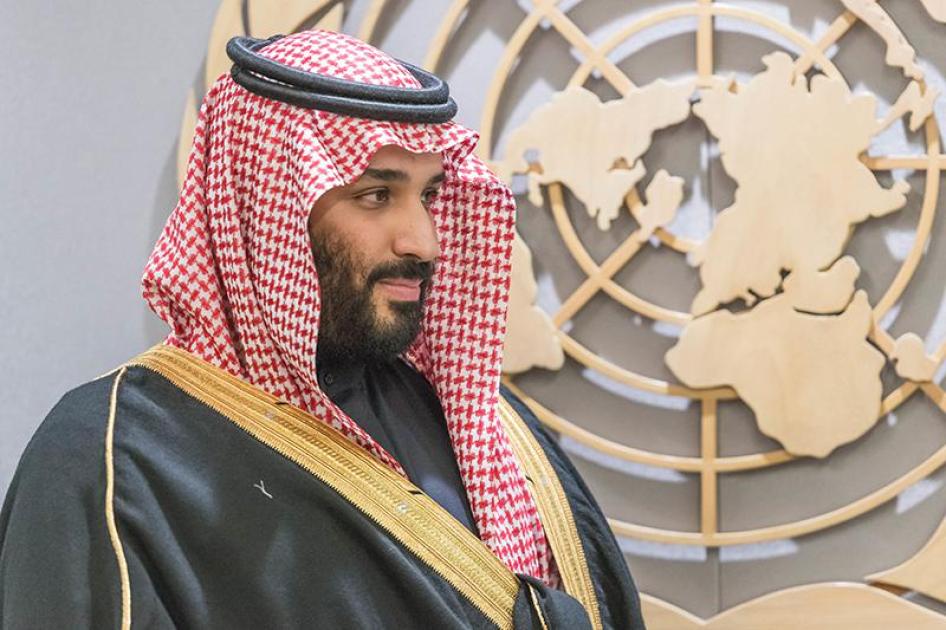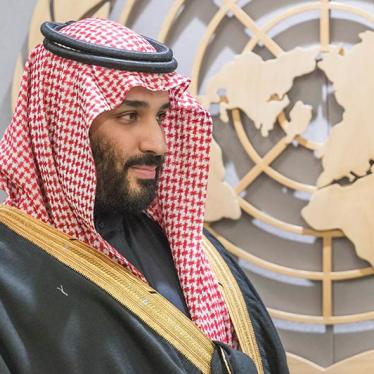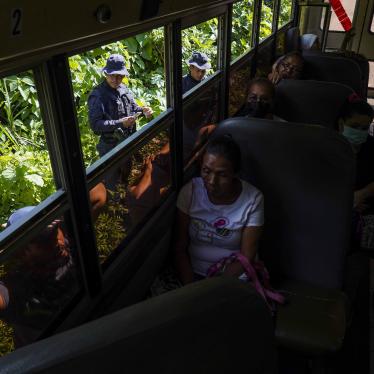As the G20 Summit approaches and world leaders get ready to meet in Buenos Aires on Friday, a cloud of suspicion looms over Saudi Arabia’s crown prince, Mohammed bin Salman. His visit to Argentina was supposed to help him rebuild his shattered reputation after the murder of the Saudi journalist Jamal Khashoggi. But Argentine judicial authorities have turned back that effort as they take steps toward investigating the crown prince’s connection with alleged war crimes by the Saudi-led coalition in Yemen and torture by Saudi officials.
The crown prince, known as MBS, seems to understand that. He was scheduled to stay with his 400-member delegation at the Four Seasons hotel, one of the fanciest in Buenos Aires. Instead he has moved into the Saudi embassy, which has turned into a fortress with metal barricades and bullet-proof windows added this week, the Argentine media reported. He was reportedly planning to visit the city on Thursday but did not leave the embassy all day.
On November 26, Human Rights Watch filed a submission with an Argentine federal prosecutor, asking him to examine the crown prince’s possible responsibility for torture of Saudi citizens in government custody and violations of international humanitarian law in Yemen. The violations include carrying out indiscriminate and disproportionate airstrikes that killed thousands of civilians and maintaining a blockade that has contributed to the world’s worst humanitarian crisis.
Two days later, the federal prosecutor who was assigned the case endorsed the principle of universal jurisdiction, which allows judicial authorities to investigate and prosecute international crimes no matter where they were committed, and regardless of the nationality of the suspects or their victims. He and an investigating federal judge moved forward toward an investigation. They requested information from other governments on the status of investigations elsewhere into these allegations, and from Argentina’s Foreign Ministry on the crown prince’s diplomatic and immunity status in Argentina.
If a formal investigation is opened, it will take time. The crown prince is going to be in Buenos Aires only for a few days, so there is little chance that he will be vulnerable to questioning or arrest while he is in Argentina. But the fact that justice officials are already taking steps toward an investigation sends a powerful message.
We can’t be sure why Mohammed bin Salman moved into the embassy. But if he’s smart, he would have sought legal advice about the prospects of a future criminal investigation and his potential liability. He might want to have such a conversation every time he plans to leave Saudi Arabia, because this week’s developments show that even the most powerful are not above the law.
Meanwhile, in Buenos Aires, global leaders should think twice before rubbing shoulders with someone who may end up under investigation for war crimes and torture.









